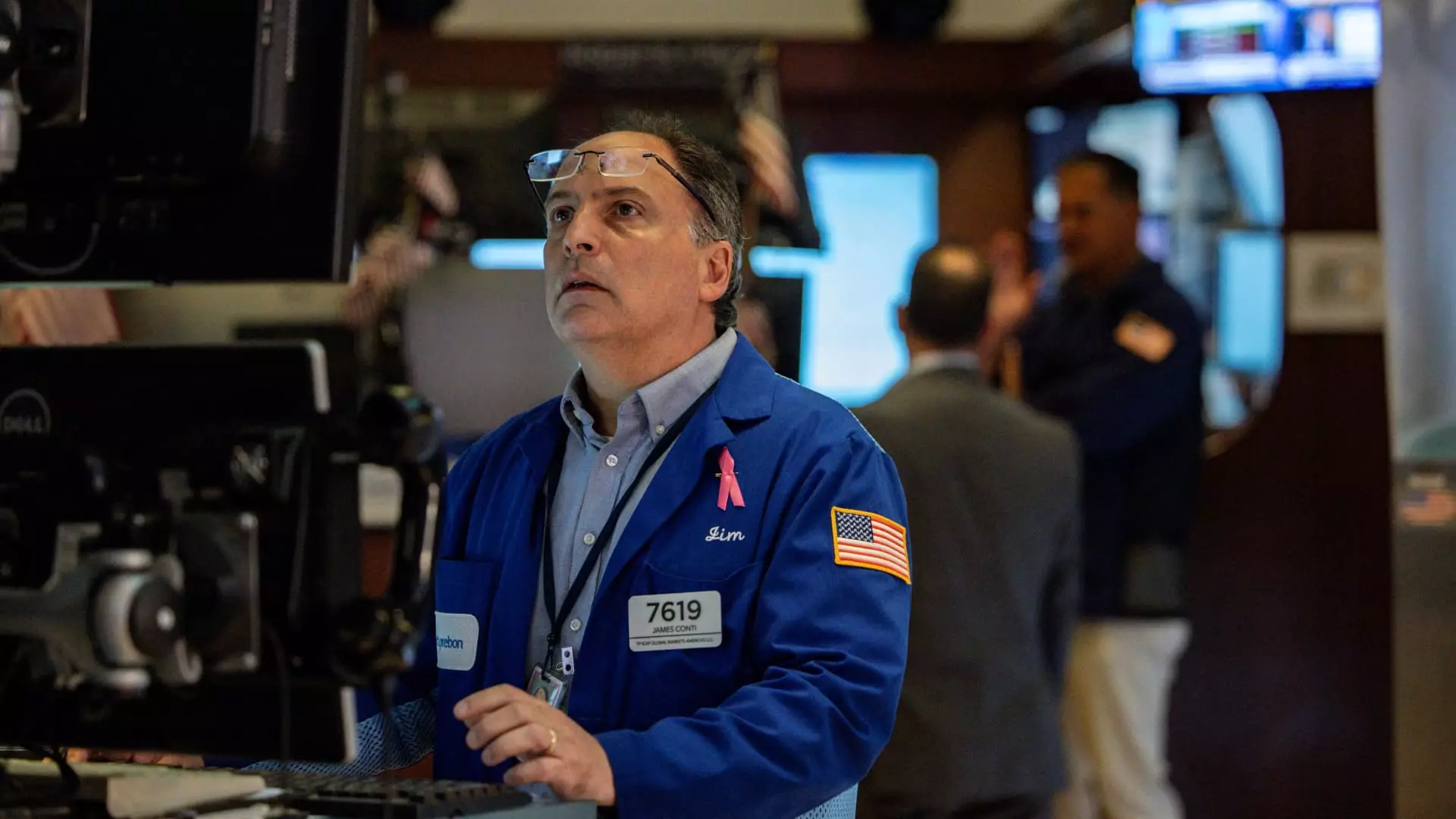In a shocking turn of events, the seemingly resilient stock markets have revealed their underlying fragility. Just a day after hitting new all-time highs, major indices plunged as geopolitical tensions and aggressive trade policies reasserted their dominance over investor confidence. It’s a stark reminder that what appears stable on the surface can quickly unravel under the weight of uncertainty and reckless decision-making. This most recent decline highlights how easily markets are manipulated by political posturing rather than genuine economic fundamentals, exposing a vulnerability that many have chosen to ignore for far too long.
The False Comfort of Record Highs
The simultaneous rise to record levels in the S&P 500 and even the Nasdaq initially fostered a sense of optimism. Investors believed that the economy had entered a new phase of resilience, buoyed by strong earnings reports and bullish sentiment. Yet, beneath this veneer of progress lay an increasingly unstable foundation. When President Trump announced sharply increased tariffs—targeting Canada, Brazil, and hinting at broader global measures—the veneer of stability was shattered. These actions, cloaked in inflammatory rhetoric, made it clear that the market’s previous highs were built on sand: a delicate facade sustained by short-term optimism and nationalistic bravado rather than sustainable growth.
Trade War Rhetoric: The Catalyst for Uncertainty
Trade tensions, once perceived as manageable, have now morphed into open conflicts threatening to destabilize the global economy. The tariffs, especially the startling 35% on Canada, serve as a stark warning sign—it’s not just economic policy; it’s a political gamble. The administration’s justification involving fentanyl overlook the broader implications: a global economy already strained by inflation and geopolitical conflicts now faces a possible escalation that could spiral into actual economic decoupling. The market’s reaction—initially muted with slight gains—was more a testament to blind optimism than genuine resilience. The underlying message is clear: investor confidence remains thin, vulnerable to shocks that could easily turn the tide in the opposite direction.
The Danger of Political Recklessness
The Trump administration’s approach to tariffs reveals an unsettling tendency to prioritize short-term political leverage over long-term economic stability. Announcing blanket tariffs, particularly at levels of 15-20%, demonstrates a reckless disregard for the interconnectedness that underpins global trade. Such threats—often couched in nationalistic rhetoric—fuel insecurity among traders and businesses. The markets may temporarily shrug off these threats, but their underlying impact is corrosive. It exposes how fragile the consensus on free trade has become and how easily this fragile equilibrium can collapse under the weight of impulsive political decisions. The failure to provide concrete plans or clear communication regarding European tariffs further intensifies market anxiety, prolonging the period of instability.
The Consequences of Ignoring Economic Realities
While political narratives often focus on superficial victories or blame-shifting, they tend to ignore the fundamental issues that underpin economic health. The recent market dip exposes the peril in such short-sightedness. Investors are unwittingly entering a period of heightened volatility driven less by market fundamentals and more by geopolitical wrestling and opportunistic policy swings. The week’s downturn punctuates the dangerous illusion that the current economic environment is resilient, when in truth, it is highly susceptible to external shocks. This situation demands a reassessment of what stability actually means and whether current policies are orchestrating a sustainable future or merely postponing inevitable correction.
The Uncertain Road Ahead
As markets brace for earnings season and inflation data, the overarching concern remains: how much further can this alarming volatility go before a genuine crisis erupts? The next few weeks will be critical in determining whether investor confidence can recover or whether the market’s recent decline marks the beginning of a more profound correction. Governments and policymakers must realize that reckless escalation—be it through tariffs or inflammatory rhetoric—chips away at the trust necessary for a healthy economy. The illusion of control that markets often cling to has been shattered early this week, exposing vulnerabilities that demand sober reflection and responsible leadership. Otherwise, the cycle of booms and busts will only deepen, leaving economic stability hostage to political whims.

